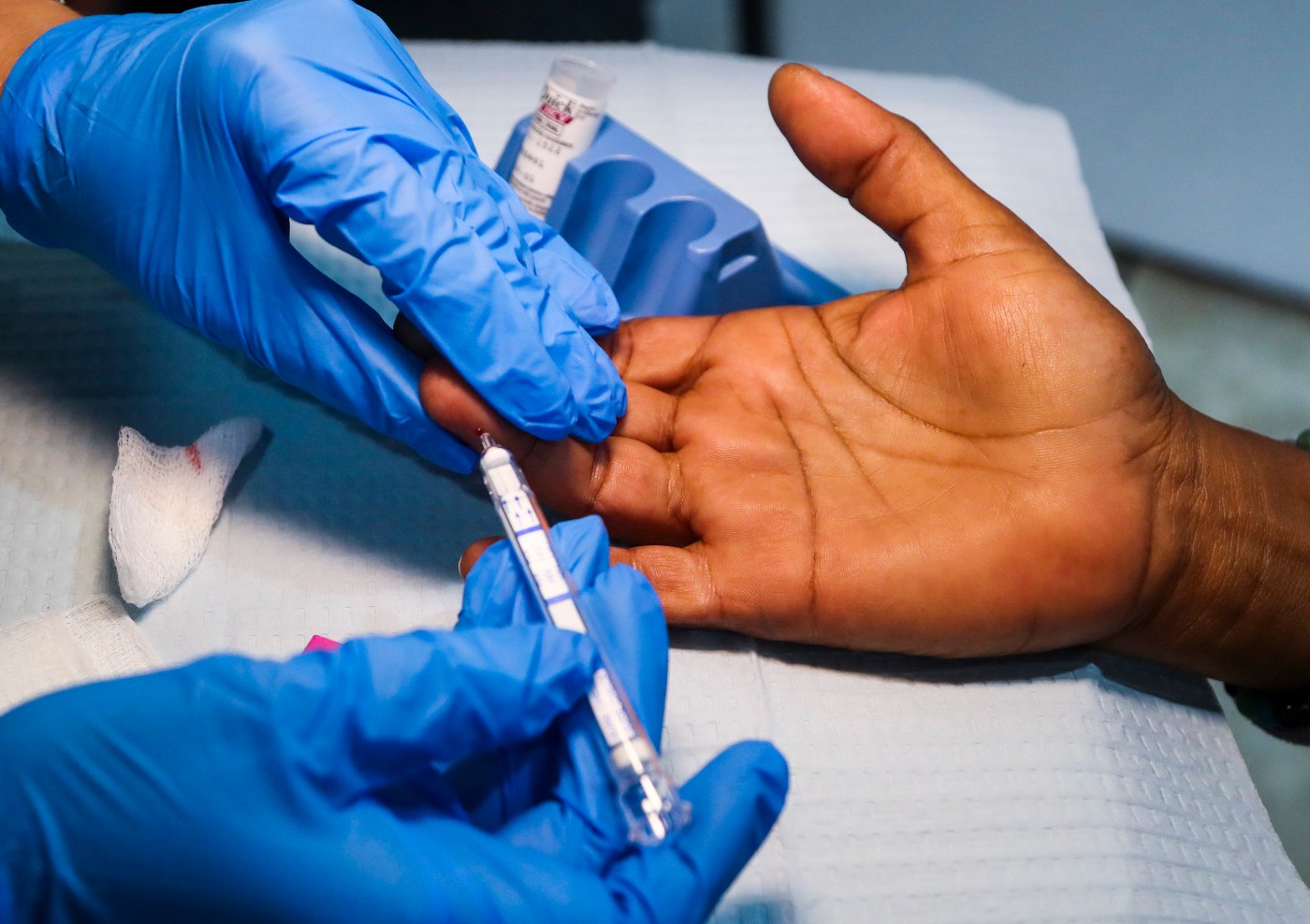A recent study has linked contaminated meat to a troubling rise in urinary tract infections (UTIs), particularly among women and seniors. Researchers from The George Washington University Milken Institute School of Public Health and Kaiser Permanente Southern California have found that nearly one in five UTIs in Southern California may originate from strains of E. coli present in contaminated meat. This revelation raises significant public health concerns.
The study, published in ASM Journals, involved the collection of over 5,700 individual E. coli samples from patients diagnosed with UTIs, along with retail meat samples from the same regions. The researchers utilized a genomic modeling approach to determine the sources of the bacterial strains. It was revealed that approximately 18% of UTIs were linked to E. coli strains derived from animals, indicating a direct connection to foodborne infections.
Public Health Implications
The findings suggest a “hidden foodborne risk to millions of people” across the United States, as noted in a press release from the university. The study highlighted that the highest-risk strains of E. coli were primarily found in chicken and turkey products. Residents in low-income neighborhoods exhibited a 60% higher risk of foodborne UTIs compared to those in wealthier areas, underscoring a significant health disparity.
Professor Lance B. Price, the senior author of the study, emphasized the need to reconsider how UTIs are perceived. He stated, “UTIs have long been considered a personal health issue. But our findings suggest that they are also a food safety problem.” This shift in perspective could lead to new preventive measures, particularly for vulnerable populations disproportionately affected by these infections.
Further investigation is necessary to differentiate foodborne transmission from other potential sources of infection, as the study did not assess bloodstream infections, which could indicate the progression of UTIs to more severe conditions, such as sepsis.
Recommendations for Food Safety
In light of these findings, health experts stress the importance of proper food handling to reduce the risk of illness. The key recommendation is that all meat and poultry should be thoroughly cooked before consumption. Professor Price advised consumers to treat all raw meat and poultry as potentially contaminated, advocating for safe kitchen practices such as purchasing securely sealed meat to prevent cross-contamination.
“Food safety must be a national priority,” he urged. “It’s impossible to make Americans healthy while making them sick with foodborne pathogens.” Researchers from The George Washington University plan to explore interventions aimed at reducing the risk of foodborne infections in future studies.
For now, individuals are encouraged to adopt strict hygiene protocols in the kitchen, including washing hands and surfaces after handling raw meat. The potential link between contaminated meat and rising UTI rates underscores the need for heightened awareness and preventive measures to safeguard public health.







